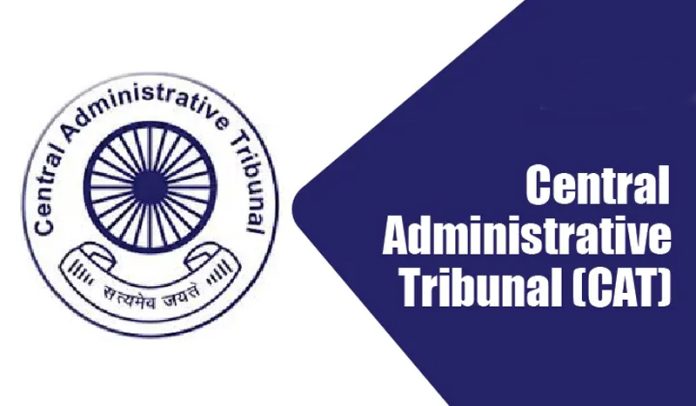The Central Administrative Tribunal (CAT) plays a crucial role in adjudicating disputes and grievances related to public service employment, ensuring that the rights of Government employees are protected and that administrative justice is served swiftly. However, the recent Supreme Court directive, which seeks a status report on the infrastructural inadequacies at the CAT Jammu bench, highlights a pressing concern that must be urgently addressed. The importance of robust infrastructure for the effective functioning of judicial bodies cannot be overstated, as it directly impacts the delivery of justice-a fundamental pillar of any democratic society. The Court’s observation that the tribunal’s functioning has been compromised due to a shortage of supporting staff is a matter of deep concern. It is essential to recognise that the smooth operation of any tribunal or court is contingent not only on the presence of competent judicial members but also on adequate administrative and infrastructure support. The absence of these can lead to delays, inefficiencies, and, ultimately, a denial of justice to those seeking redress.
While completing the Bench’s composition at CAT Jammu is a step in the right direction, it is equally vital to ensure that the physical and administrative infrastructure supports the Bench’s activities. A functional infrastructure includes adequate courtrooms, chambers for members, office spaces for staff, and essential amenities such as libraries, waiting areas, and technological support systems. Without these, the tribunal’s ability to function efficiently is severely compromised. The SC’s directive for a status report reflects the recognition that judicial bodies cannot operate in a vacuum; they require tangible resources and support to execute their duties effectively. The directive also places responsibility on the senior-most judicial member at CAT Jammu to provide an accurate account of what is needed, thereby ensuring that the solutions proposed are grounded in the realities of the tribunal’s day-to-day operations.
A shortsighted approach will not work as tribunals like CAT serve a specialised function integral to the broader judicial system. They provide a forum for resolving disputes that, if left unaddressed, could escalate into more significant conflicts, affecting not just the individuals involved but also the administrative machinery of the State. In regions like J&K, where the political and administrative landscape has undergone significant changes in recent years, the role of administrative tribunals becomes even more critical. As Government employees navigate the complexities of new regulations and administrative orders, the need for a functional and accessible CAT cannot be overstated.
The UT Administration’s role in resolving the infrastructural issues at CAT Jammu is pivotal. The Estates Department has already explored the availability of private buildings for housing the tribunal. The decision to shortlist a building at Channi in Jammu is a positive development. However, this progress must be matched with a commitment to ensuring that the new premises are fully equipped to handle the tribunal’s workload. The completion of two courtrooms, four chambers for members, and the provision of office and staff rooms are significant milestones, but much more is required. The Administration must ensure that all necessary amenities, including technological infrastructure, are in place to facilitate the tribunal’s operations. Moreover, there should be a clear timeline for when the tribunal can fully transition to the new premises, minimising disruption to its functioning.
It is important that the UT Administration, in coordination with the Central Government, take immediate steps to address the infrastructural gaps at CAT Jammu. This includes not only meeting the immediate short-term requirements but also planning for the long-term sustainability of the tribunal’s operations. It is the responsibility of the relevant authorities to act swiftly and decisively, ensuring that the tribunal is fully equipped without further delay. Justice delayed is justice denied, and in this case, the infrastructure must not be the cause of such denial.
Trending Now
E-Paper


